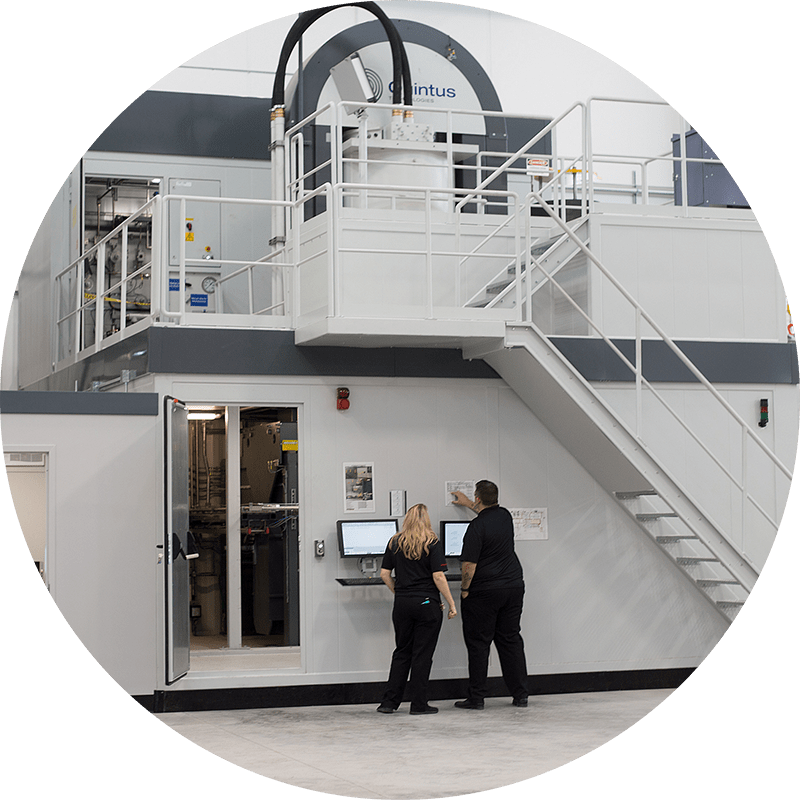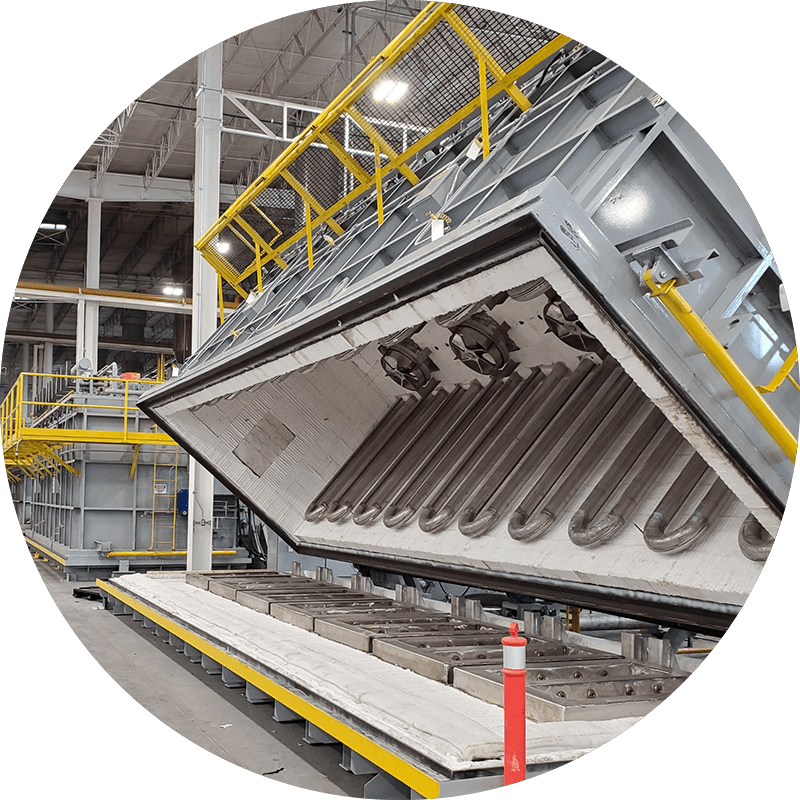
81 years of datagineering
In 1943, Ben and Pauline Rassieur rented a storefront near downtown St. Louis and decided to try to make a go of a business they weren’t sure would succeed.
Eighty One years later, Paulo is the largest privately-held commercial heat treater in the United States. We’re proud to be trusted by many of the world’s most innovative companies in critical industries such as aerospace, defense, medical, and automotive, to name a few. No matter where you are—on an airplane, sitting in your car, riding a train, or orbiting the Earth—chances are that you’re within arms reach of a part that was heat treated by Paulo.
Let's Make HistoryThis success would not have been possible without the dedication of our employees past and present. We salute those who brought us 81 years of good fortune as well as those who will lead us forward.

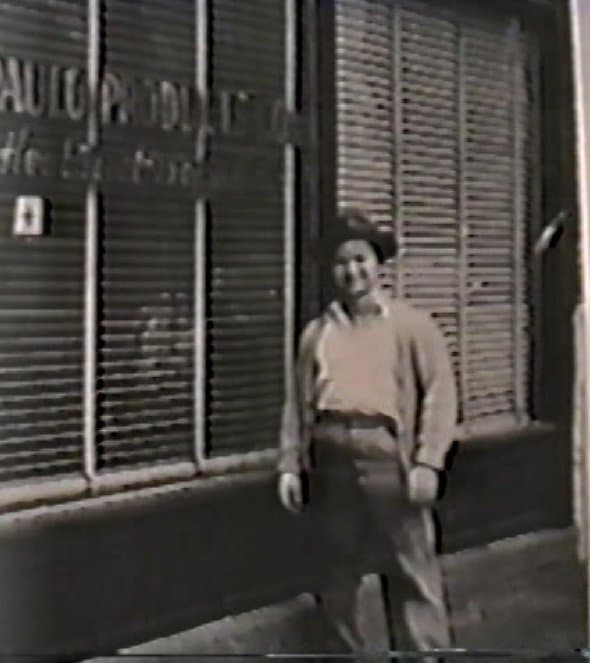
Ben and Pauline Rassieur found Paulo Products Company in 1943, offering heat treating services using homemade salt baths and second-hand tempering furnaces out of a rented space at 2907 Washington Ave. in St. Louis. In 1948, the company builds its first plant at 5711 W. Park Ave. in St. Louis, which still stands.
 The equipment was entirely different than we’re used to now. Much cruder. Gas-fired salt pots, open-fired ovens, pit-type air draws. No-atmosphere and vacuum was unknown. It was much more labor-intensive. Wire up, steam clean, packing, sifting carburizing compound. Work moved in wheelbarrows. There were no loading docks, no fork trucks, no dumpers.
The equipment was entirely different than we’re used to now. Much cruder. Gas-fired salt pots, open-fired ovens, pit-type air draws. No-atmosphere and vacuum was unknown. It was much more labor-intensive. Wire up, steam clean, packing, sifting carburizing compound. Work moved in wheelbarrows. There were no loading docks, no fork trucks, no dumpers.
Aggressive competition and growth marks the decade, as Paulo makes five additions to its plant in the space of 11 years. Non-stop heat treating is introduced as Paulo crews man the plant 24 hours a day, seven days a week.



Paulo is contracted to braze and assemble 6.5 million fuel pump housings per year for ten years, touching every fuel pump housing for every Ford and Chrysler model for a decade.
 Image courtesy of Alfred T. Palmer,
Image courtesy of Alfred T. Palmer,Wikimedia Commons
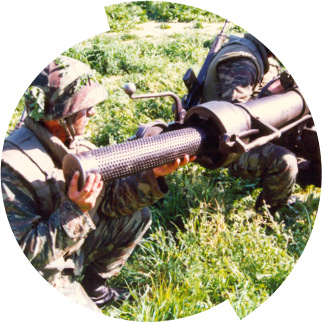
Paulo wins jobs to treat track pins from salvaged WWII tanks, treat M14 rifle magazines and braze a million 106mm artillery shell casings.
To complete the shell casing job, engineers cut a custom-made brazing furnace in half horizontally and raised the top so the casings could stand upright during treatment.
Paulo becomes the first heat treater to install a computer to aid in processing orders. The IBM 1130 model came equipped with 10KB of RAM on a disk the size of a dinner plate.
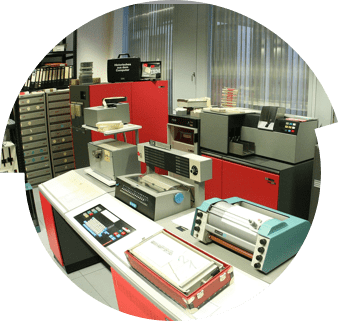 Image courtesy of Stiefkind,
Image courtesy of Stiefkind,https://flickr.com/photos/52924836@N00/16758008839
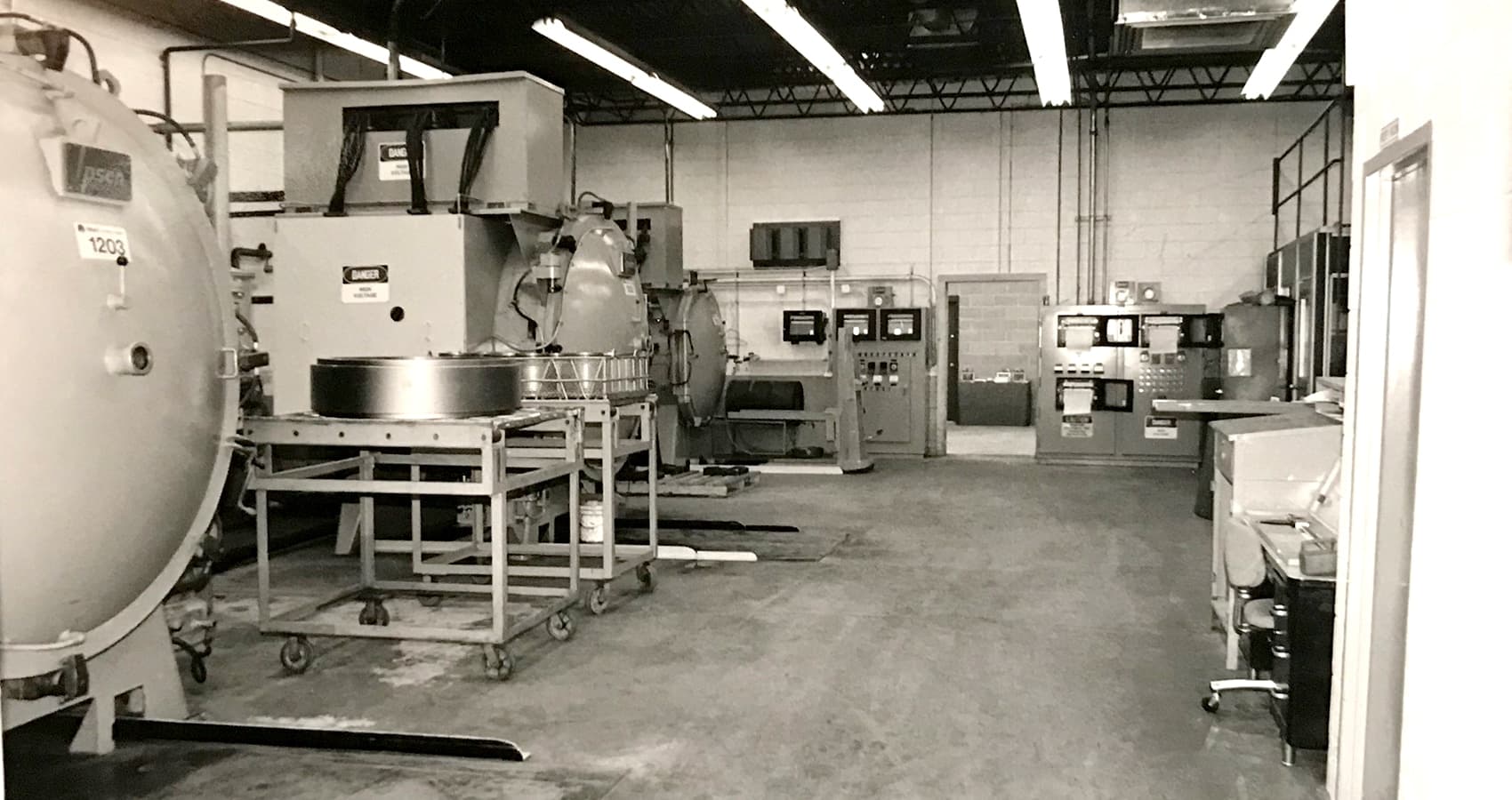
In 1972, Paulo builds a 3,200-square-foot treatment plant in Kansas City after several years of hauling loads of tool steel parts from Kansas City to St. Louis for treatment. In 1974, the company buys Mid-South Metal Treating Company in Memphis, TN. A two-story office building adjacent to the St. Louis plant is built in 1977 to accommodate twice the company’s administrative needs at the time. The structure remains corporate headquarters today.
 This company is consumed by doing. Finding the market, building the plant, installing the equipment, solving problems and doing quality work.
This company is consumed by doing. Finding the market, building the plant, installing the equipment, solving problems and doing quality work.
Paulo purchases Olin Metal Products in Murfreesboro, TN in 1983. Three more plants are purchased from U.S. Steel Supply in 1988 in Birmingham, AL; Cleveland, OH and Nashville, TN.


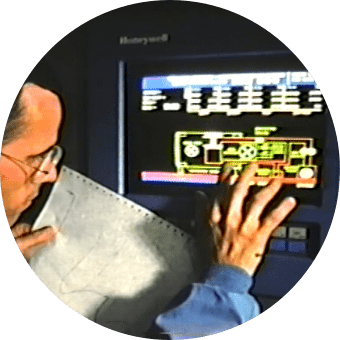

The company unveils PICS (Production Information and Customer Service) in 1996, a quality assurance software we designed ourselves. The program, which we continually improve, allows us to maintain consistency across all orders and all facilities.
Paulo heat treats cast components for rocket booster fuel pumps used during NASA’s Space Shuttle program.
Paulo begins construction on its first international division, a 50,000-square-foot heat treatment plant in Monterrey, Mexico. With the potential to expand to 110,000 square feet, the plant will initially serve the automotive industry and is positioned to serve agricultural, aerospace and other industrial providers in the future.


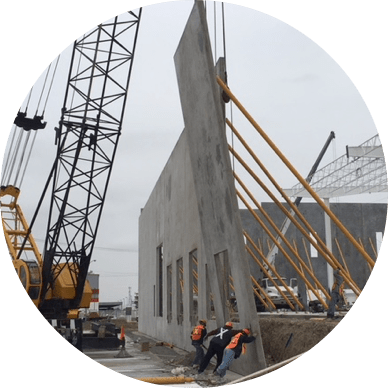
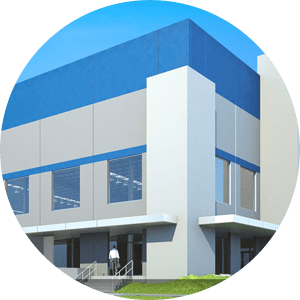
 The most satisfying thing to me is our people’s ability to solve problems. And I’m very proud of the relationship we have with our employees. It’s important for the people who work for us to know we really appreciate them and rely on them. Without them, we’re going nowhere.
The most satisfying thing to me is our people’s ability to solve problems. And I’m very proud of the relationship we have with our employees. It’s important for the people who work for us to know we really appreciate them and rely on them. Without them, we’re going nowhere.
The 2020s began with the challenge of helping our customers and supporting our teams as we navigated the initial stages of the COVID-19 pandemic. All six Paulo plants remained operational through the crisis, processing parts needed for ventilators and surgical instruments in addition to the tooling that’s used to manufacture sanitizing wipes. We even received a letter from the U.S. Army requesting that we remain operational through the crisis, which helped propel us through the challenges so that we could provide essential services to our customers.
We’ve also opened and subsequently expanded our Monterrey division from 50,000 to 100,000 square feet to boost our customers’ production capabilities in North America while also creating many jobs for the surrounding local communities.
Another key accomplishment is the commissioning of our Hot Isostatic Pressing (HIP) vessel in Cleveland and its Nadcap accreditation. The addition of HIP to Paulo’s capabilities helps us support innovation in aerospace and additive manufacturing not only on Earth, but even beyond. As businesses go beyond our atmosphere to provide services for us on the surface and researchers advance scientific exploration and discovery, Paulo is here to ensure that they have the tools they need to push the edge of impossible.
